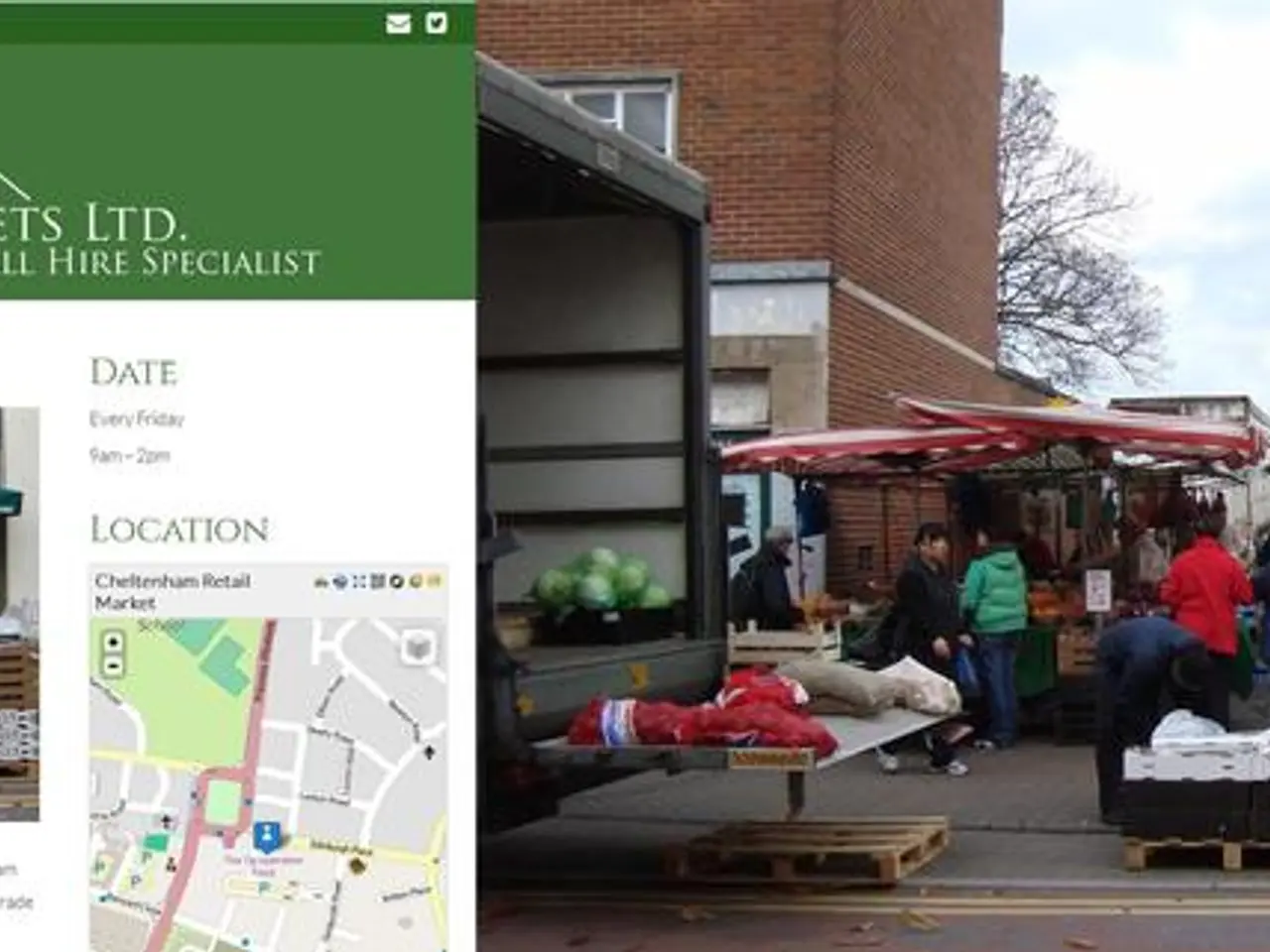Economic Analysis of Religious Impact: Influencing Financial Actions
The Astounding Impact of Religion on Economic Activities
Economic activities are inseparable from the social structures that shape them. A crucial aspect to consider in this dynamic is the far-reaching influence of religious institutions on economic behavior. Across societies, from ancient civilizations to contemporary developed nations, religious beliefs and organizations have significantly influenced economic aspects. In a straightforward, approachable fashion, let's explore how these religious tenets and the institutions that uphold them shape economic behavior and the broader implications.
The Power of Religious Ethics in Economic Decisions
Religious ethics play a pivotal role in shaping economic behavior owing to the moral guidelines provided by religious traditions. Be it Christianity's moral objections to excessive greed or Islam's prohibition of riba (interest), ethical teachings force individuals to reconsider their economic actions. Integrity, fairness, and compassion are values that are essential in economic transactions and are emphasized by many religious traditions.
Considering the doctrines isn't enough; understanding how they are interpreted and implemented within societies is key. For instance, Zakat in Islam requires followers to donate a segment of their earnings to charity, thereby influencing wealth distribution and promoting economic fairness. Hinduism's Dharma principle, encompassing rightful living, emphasizes honesty in trade and the moral responsibility of supporting community welfare. While these ethical frameworks encourage cooperative behaviors over selfish pursuits, they also lead to creative economic models such as cooperatives and community funding.
Religious Institutions: Social Network Hubs
Beyond offering spiritual guidance, religious institutions act as vital nodes in social networks that encourage economic interactions. Places of worship, such as churches, mosques, temples, and synagogues, offer communities a setting where economic information and opportunities are shared through informal conversations and organized programs. Often, these institutions evolve into hubs for community gatherings, promoting networks that facilitate economic collaborations.
Building tight-knit communities through these institutions enables financial interdependence among followers. This interdependence takes the form of small-scale savings groups, business partnerships, and larger cooperative ventures. Additionally, religious institutions may drive local economic initiatives by supporting food banks, job-assistance programs, and microcredit lending, directly influencing the local economy. Such pivotal social roles help reduce economic disparities and increase community resilience against economic downturns.
Religious Influence on Policy and Legislation
The impact of religion on economic behavior extends to the macro level, shaping policies and legislation. The roots of many legal systems lie in religious tenets, which, in turn, shape economic policies. For example, the foundation of many consumer protections laws can be traced back to religious teachings that promote fairness and justice in dealings.
Religious lobbying groups drive political decisions impacting economic policies, ranging from labor rights to environmental regulations and financial ethics. By advocating for or against certain reforms, these groups influence sectors like education, healthcare, and agriculture that impact economic accessibility and growth. Consequently, religious institutions wield considerable influence over not only individual personal economic behavior but also broader societal economic practices and legislation.
Religious Institutions as Economic Engines
As economic entities, religious institutions own substantial assets, manage large infrastructures, and engage in diverse economic activities. Large churches, for example, may own property, run schools, hospitals, and charitable organizations, contributing significantly to local and national economies. By creating employment opportunities, stimulating economic activities, and supporting social welfare, these institutions make a tangible impact on local economies.
The financial might of religious institutions rivals that of big corporations, providing them with substantial bargaining power in local economies. They often invest in projects that uphold their values, such as sustainable farming or ethical manufacturing, setting trends for socially responsible investments. Overseeing donations, almsgiving, and endowment funds, their financial practices influence how followers manage their finances, affecting economic behavior at both individual and community levels.
A Globalized World: Faith & Commerce Entwined
In the era of globalization, religious institutions adapt, impacting economic behavior on an international scale. As religions expand and affect diverse cultures, they function as conduits for economic ideas and practices across borders. Religious networks across countries often facilitate international trade, migration, and collaboration, fostering business ventures and cultural exchanges that stimulate economic growth.
The worldwide presence of religions such as Christianity and Islam has resulted in the establishment of vast transnational networks that disperse religious teachings and boost economic interactions. For instance, the principles of Islamic banking, like profit-and-loss sharing, have gained momentum beyond Muslim-majority countries, shaping global financial markets. This blending of economic principles demonstrates the interdependence between religion, cultural values, and economic behavior on a global canvas.
In Conclusion: Religion and Economics Intertwined
Understanding the intricate relationship between religious institutions and economic behavior offers a wealth of insights into the complexities of economic transactions in a world where faith and commerce merge inexorably. The ethical guidelines, social networks, economic policies, and organizational strength that religious institutions contribute to societies serve as pillars shaping economic interactions and economic structures.
Religious institutions foster collective values that prioritize communal well-being and advocate for just treatment of all individuals. By encouraging ethical business practices, social responsibility, and sustainable consumption, these institutions help ensure a stable, equitable, and sustainable economic future. As we delve deeper into this interplay, we gain a better appreciation for the complexity of economic interactions in a world where faith and commerce are interwoven.
- Religious ethics, as provided by various traditions, significantly influence the way finance is approached and economic decisions are made, as they endorse values such as integrity, fairness, and compassion in economic transactions.
- Beyond providing spiritual guidance, religious institutions often play a crucial role in economic activities by acting as vital nodes in social networks that foster economic collaborations, encourage financial interdependence, and drive local economic initiatives.




